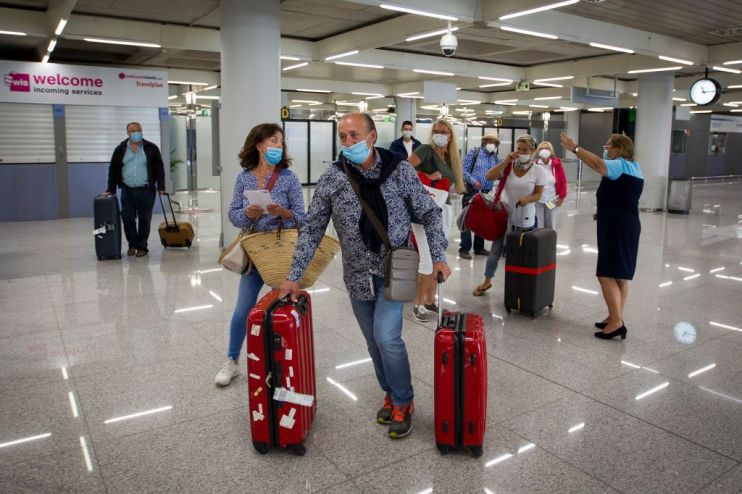EU removes US, Brazil and Russia from ‘safe visitors’ list

The US, Russia and Brazil are excluded from a list of safe countries to travel to or accept visitors from, passed by EU member states this afternoon.
Those featured on the list have now gained approval for business or leisure travel to a number of countries, which will come into effect tomorrow.
The list of 14 approved countries for non-essential travel includes:
- Algeria
- Australia
- Canada
- Georgia
- Japan
- Montenegro
- Morocco
- New Zealand
- Rwanda
- Serbia
- South Korea
- Thailand
- Tunisia
- Uruguay
Visitors from the UK will retain the same access to the EU for travel as EU citizens, as it is still covered by transition rules until it exits the bloc at the end of this year. However any Brits returning to the UK after travelling abroad will be required to self-isolate for 14 days.
As China does not currently permit EU visitors, it is not included on the final list and will therefore not be accepted for non-essential travel. However should it change its stance, it has been provisionally accepted for inclusion.
It was previously reported that exclusion from the list was being determined by assessing each country’s average number of new infections — over the past 14 days — per 100,000 people.
The list must be passed by a “qualified majority” of EU countries, meaning 15 EU countries representing 65 per cent of the bloc’s population. Four EU diplomats told Reuters they expected it to secure the required backing.
The list will act as a recommendation to EU members, meaning they will almost certainly not allow access to travellers from other countries, but could potentially set lighter restrictions on those entering from the 14 approved nations.
The EU is expected to stress that in order for the restrictions to have an effect on reducing the number of coronavirus cases, all member states must respect the recommendations.
The piecemeal introduction of travel measures, such as so-called air bridges, between European countries in recent weeks has made it difficult for the bloc to maintain a cohesive approach.